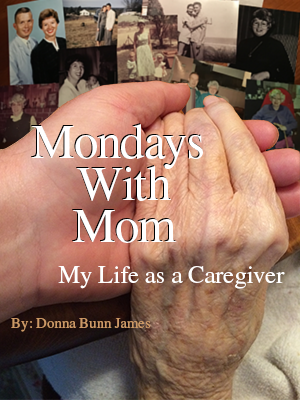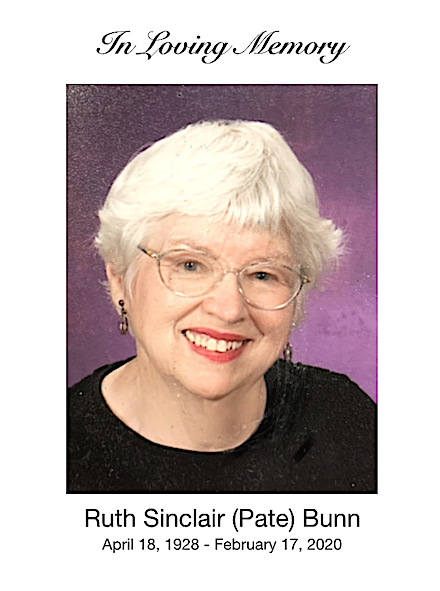
“Nothing is unmentionable in caregiving.”
Warning: Graphic discussion of bodily function
I recently saw a movie that made me laugh and cry and experience a full range of emotions associated with caregiving. I was surprised by The Upside starring Kevin Hart and Bryan Cranston. It is based on a true story and speaks a great deal about the trials for both the giver and receiver. Although this movie has been panned by critics, I think it speaks volumes to caregivers and non-caregivers alike. The film follows a paralyzed billionaire, Phillip (Bryan Cranston), who strikes up an unlikely friendship with recently paroled convict Dell (Kevin Hart), whom he hires to take care of him.
One of the most enlightening scenes in the movie is the scene where Kevin Hart’s character, Dell, is instructed in catheter emptying and replacing. This is far more than Dell had agreed to do. His discomfort showed and the audience laughed. The movie theater was full of patrons and I believe we all felt his unease.
It’s a funny scene, but for those who have cared for someone who depended on urinary care, it’s just part of the responsibility. As I watched, I remembered all too well the difficulty of learning the language, precise actions, total focus, and utmost care of such a personal, private act.
I often compare caregiving for an adult to the responsibilities of a baby. Occasionally, we might get squeamish when changing a diaper, but we mostly adjust to the fact that babies just need our help with everything: eating, getting dressed, bathing, and toileting. It’s not a big deal. Why does it make us uncomfortable to assist at the other end of life?
I know our upbringing has much to do with our reticence. Although we eat in company with others often, we seem to pretend that the other end of the food process doesn’t exist. Maybe some families are better at talking and recognizing it as just a normal part of life, but in my family of origin, we didn’t even use the correct words; a toilet was for “number one” or “number two.”
In The Upside, Dell calls the catheter a “straw for his drink” and says that he won’t help empty the “dump truck.” Later he cannot even say the anatomically correct name “penis.” I think it’s so funny because that’s how we are as a culture! The craziness of our language allows many nicknames that are used casually, but the scientific names are unmentionable.
Nothing is unmentionable in caregiving. I am certainly desensitized to the general public’s lack of ease because nothing much bothers me. Perhaps that’s what made the scenes in the movie especially funny. Caring for another person requires understanding (and often documenting) what is ingested and what has digested. (I am also aware that the movie plays for the silliness and not all the realities of caregiving; Dell doesn’t suffer through the dressing/undressing of Phillip on screen, yet that would be a reality in caring for a quadriplegic.)
Mom’s care requires only a loose record of input and output. Thankfully we have had only a few moments of incontinence in our years of caregiving. Much more often we have to deal with lack of bowel movement. Because of her limited mobility, it’s common for her system to slow down. Yogurt with probiotic, extra fiber, and other additives to food and drink sometimes gets her moving again. The concern and difficulty arises when none of those tactics work.
Once again, these articles are not at all for medical advice; I’m only sharing stories from my life with Mom. Each caregiving situation is unique and personal although there are many similar situations where we find common ground.
And if you need a laugh, enjoy the movie.

